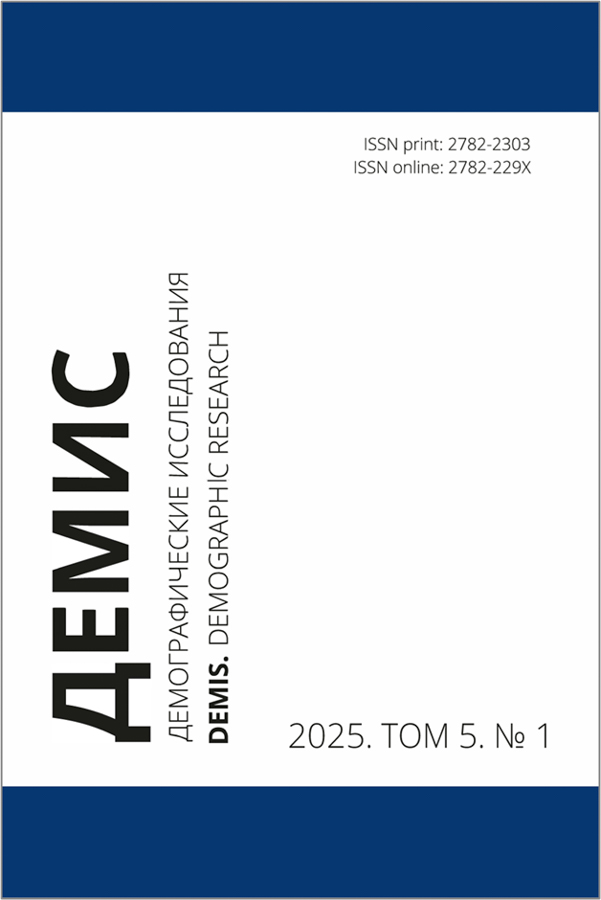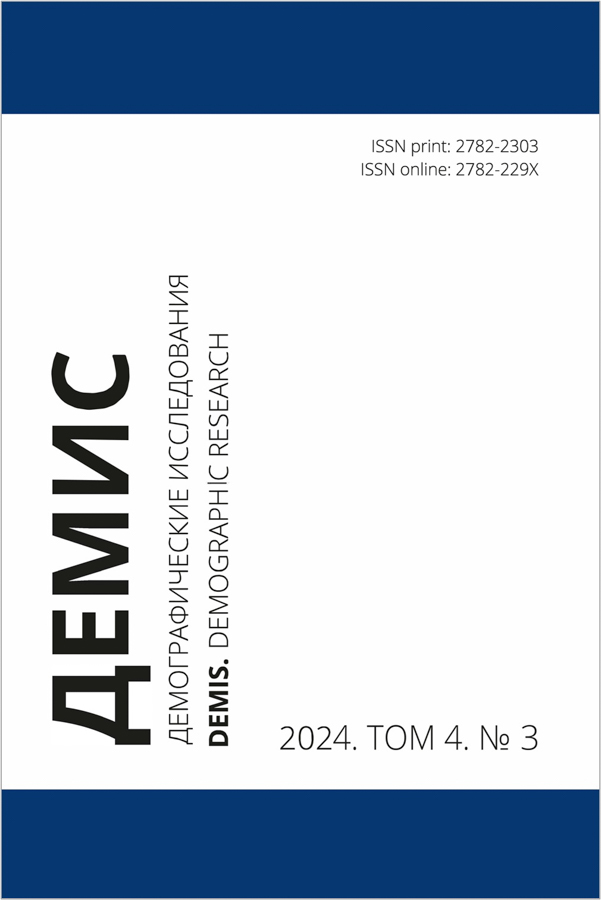In recent decades, population migration has become one of the main components of socio-economic development of Kyrgyzstan. In recent years, Kyrgyz citizens have been working in Russia and Kazakhstan. A comparative analysis of the number and structure of flows of Kyrgyz labour migrants is carried out on the basis of data from a sample national survey of household budgets, the National Statistical Committee of Kyrgyzstan, the Federal Migration Service of Russia, the Main Directorate for Migration Issues of the Ministry of Internal Affairs of Russia, and Rosstat. The key problems of the social and legal situation of Kyrgyz migrants in Russia were identified: lack of registration at the place of stay, restriction/ ban on entry, non-payment of wages, access to medical care, and receipt of pensions. Gradually, under the influence of external and internal factors, new trends of labour migration to the Middle East and the Persian Gulf, the Republic of Korea and Japan, Europe and America have emerged. Migration flows are becoming more and more organised, as they involve the country's public authorities, private employment agencies, international companies and other actors. The study shows that the key needs for Kyrgyz migrant workers in the near future are concentrated in the following regions (in addition to traditional destinations): first, Western European countries (Great Britain and Germany); second, East Asia (Republic of Korea and Japan); third, Eastern European countries (Poland, Hungary, Bulgaria); fourth, the Middle East (Turkey and the Gulf countries); fifth, Northern Europe (Sweden and Finland). The official discourse in Kyrgyzstan is increasingly gaining momentum on the need to transform migration policy from large-scale export of labour resources to employment of surplus labour resources within the country by creating new jobs and expanding production. New ideological approaches to the transition of Kyrgyzstan from the category of countries– exporters of labour resources to the category of countries actively developing their own production and labour market are practically formed.
 6-23
6-23


 24-36
24-36


 37-48
37-48


 49-73
49-73


 74-87
74-87


 88-104
88-104


 105-118
105-118


 119-137
119-137


 138-153
138-153


 154-166
154-166


 167-181
167-181


 182-198
182-198


 199-208
199-208












